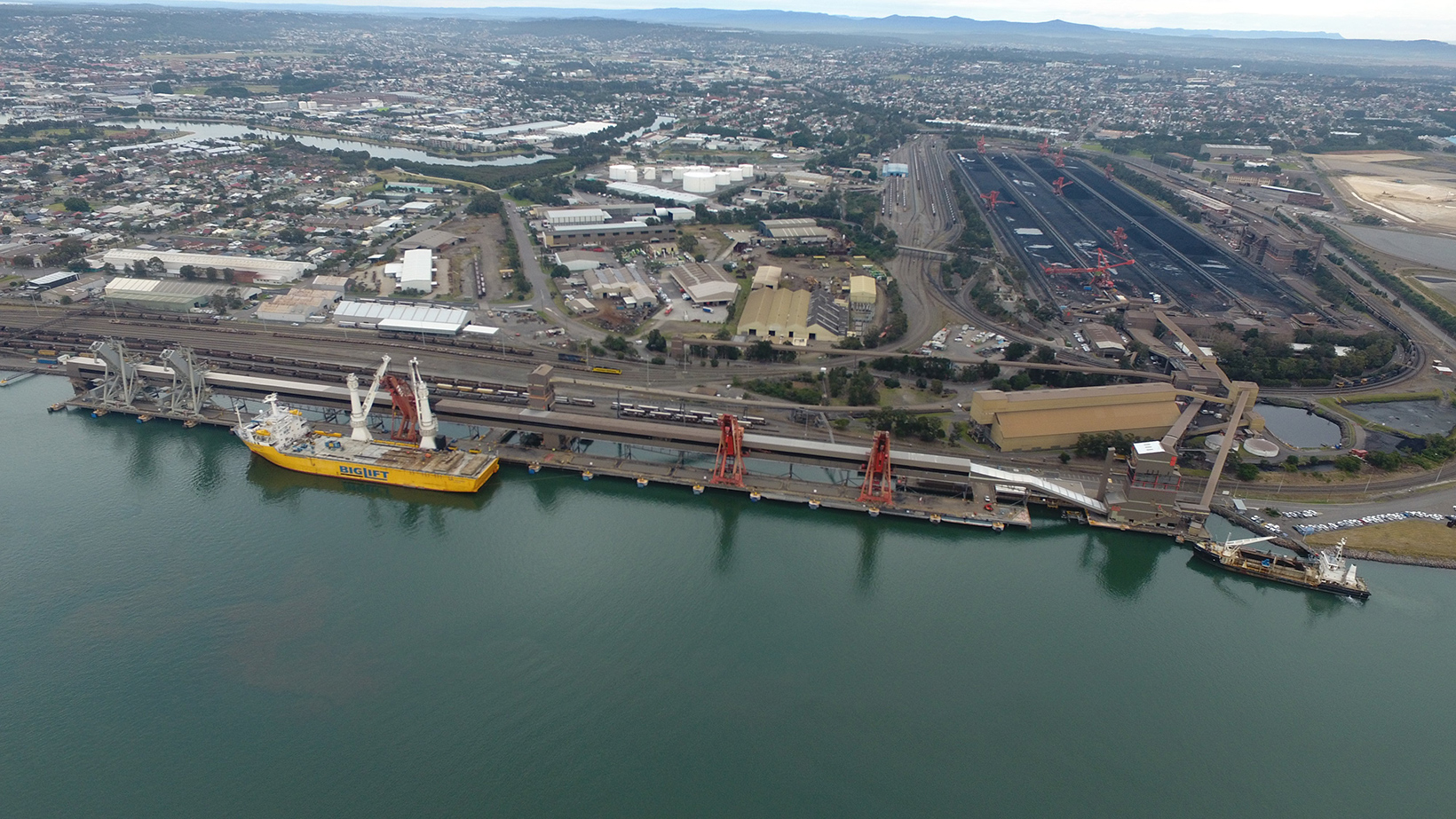Page
Hunter’s future depends on realising political promises
Opinion piece by NSW Minerals Council CEO Stephen Galilee as published in the Newcastle Herald.
2015 will be a decisive year for Hunter businesses.
The mining downturn has hit the Hunter hard, with more than 2500 Hunter miners losing their jobs in the past two years. In addition to the financial hardship for mining families, less mining spending has had a flow-on impact on Hunter businesses – from mechanics and plant hire to cafes and hotels.
When mining is hurting, the Hunter hurts too, reflected by a sharp rise in unemployment across the region over the past two years. In the Upper Hunter in particular, the unemployment rate has jumped from 2.3per cent at the start of 2012 to more than 9per cent at the end of 2014.
Despite the mining downturn, the industry continues to provide an economic bedrock for the Hunter.
The NSW Minerals Council’s Economic Impact Assessment for 2013-14 shows mining companies directly spent $4.4billion in the Hunter on local business purchases with 4238 Hunter businesses, down slightly on the previous year, but still a significant investment in the Hunter economy.
While the mining downturn has been predominantly caused by low commodity prices, and high currency rates, the broken planning system in NSW has also had an impact. Job-generating projects seeking approval have been put on hold or rejected.
Jobs have been lost, and millions in potential investment has slipped away. But things could be about to improve – provided our political leaders stand firm and back NSW jobs.
At the recent NSW Mining Industry Conference at State Parliament, Premier Mike Baird made a ‘line in the sand’ commitment to fix the broken NSW planning system. It was a strong statement of support from the Premier, and has the potential to deliver significant economic benefits for the Hunter.
In the past six years, assessment time frames for major mining projects in NSW have doubled – from an average of 500 days to more than 1000 days. Recognising the impact of these delays, the Premier committed to halve this average assessment time frame in the next term of government.
The Premier’s commitment came with a welcome assurance that the stringent environmental standards that apply in NSW would remain firmly in place.
New Labor leader Luke Foley has also made an important early commitment to make jobs in regional NSW a priority. Thousands of mining families will be hoping this commitment includes protecting their jobs too.
Whoever wins the election, the future of the Hunter economy depends on these promises being turned into real action to fix the planning system and support investment and jobs for the Hunter.
Because despite the current downturn, the long-term prospects for Hunter mining are positive.
Global demand for Hunter coal continues to grow, and coal prices are forecast to gradually improve.
As this happens, business conditions for mining will also improve.
That’s why we need to be ready with a planning system to attract the mining investment needed to get unemployment back down again, and keep the Hunter economy strong.

